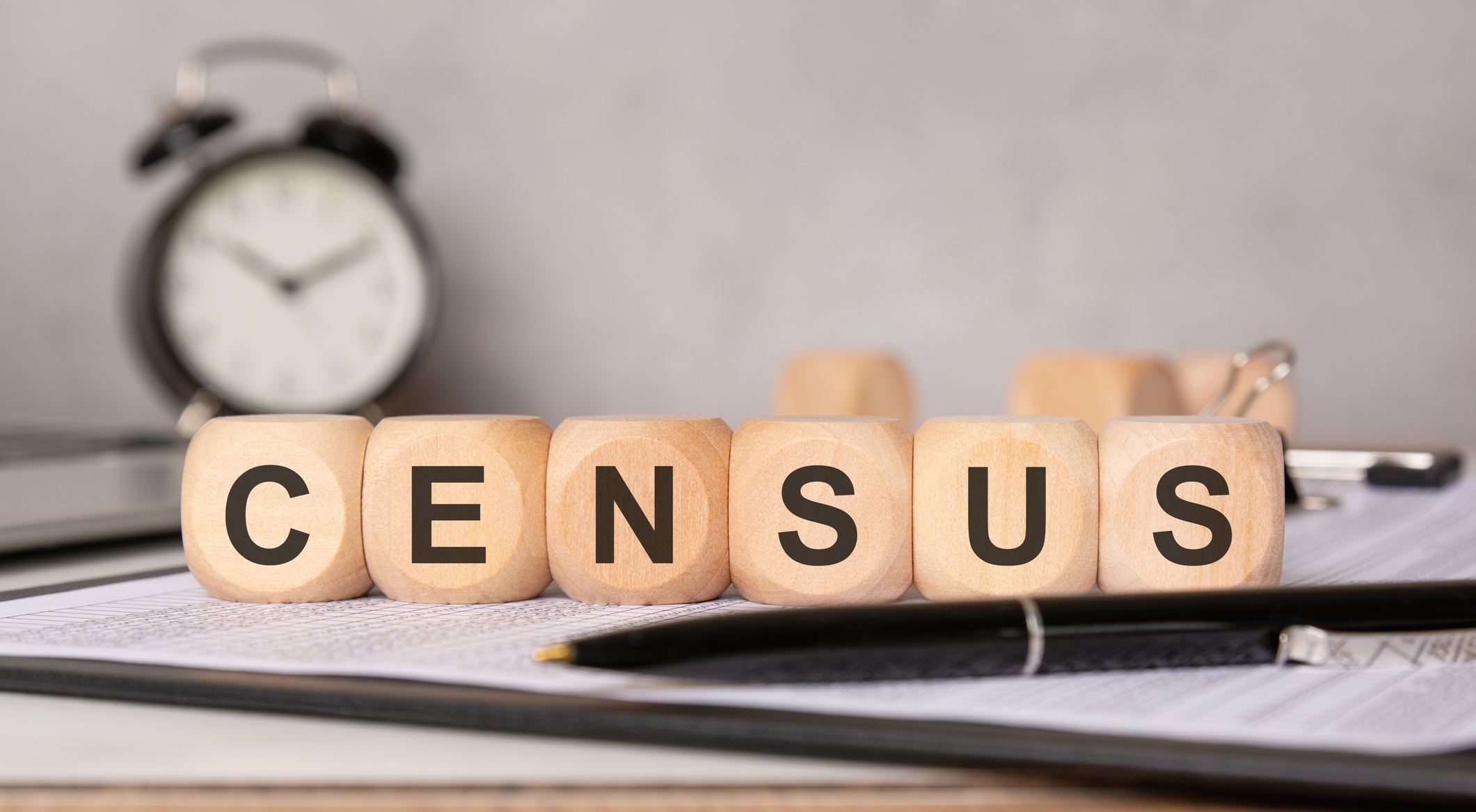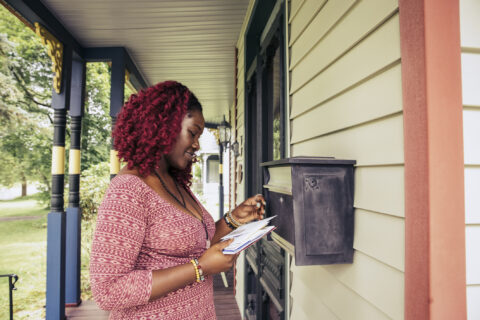Local Update of Census Addresses (LUCA) is your city’s first — and best — opportunity to help ensure every resident is counted in the 2030 Census. The accuracy of your population count starts with the accuracy of your address list. If a household isn’t on that list, it won’t be counted, and your city will miss out on funding, representation and planning data for the next decade. Although the LUCA program officially opens in 2027, cities that begin preparing now will be best positioned to act quickly and thoroughly when the window opens.
Start Preparing Now to Be Ready for LUCA in 2027
LUCA doesn’t begin until 2027, but participating effectively requires groundwork — data review, internal planning and partnership building — that cities can and should start today.
- Watch our June 13 LUCA webinar to learn how your city can get started now.
- Download the Census Bureau’s current address count files to see how your city has changed since 2020.
- Use the Housing Unit Change Viewer to identify neighborhoods with new development.
- Assess your local data and GIS capacity. Who will manage LUCA for your city?
- Talk to your regional planning agency or neighboring governments to coordinate efforts and avoid duplication.
This is your chance to protect your city’s fair share of federal dollars and political representation. Don’t wait for 2027. The time to start preparing is now.
Why is There a LUCA Program?
LUCA started in 1994 to address the fact that the 1990 Census was measurably less accurate than the one prior. Congressional frustration with the outcome led to consideration of ways to improve census street address list accuracy. The passage of The Census Address List Improvement Act of 1994 created LUCA, which allows local and tribal governments to review its address list and submit information to improve the list under strict confidentiality protocols.
Why is the LUCA Program Important?
The LUCA Program is one of the only opportunities for state, local and tribal governments to contribute directly to the accuracy of the census in their respective jurisdictions, by helping ensure a comprehensive address list for housing units and group living facilities (Group Quarters) before the enumeration starts. Local governments are best positioned to identify living quarters missing from the primary address list such as housing units built since the last Census or not visible from the street, or apartment units in larger structures.
If an address is not listed, the Census Bureau will not attempt to count that household and remain unaware that it has missed that household or facility. A comprehensive address list contributes directly to census accuracy as the universe for enumeration comprises all addresses in the main address file. It will also provide communities the chance to correct or add the number of families living in a single living space since the census is based on households rather than physical units.
How Will the 2030 Census LUCA Operation Work?
- Participating state, local and tribal governments will review their portion of the Census Bureau’s address file under strict confidentiality protocols.
- Participants can add missing residential addresses (housing units or Group Quarters); delete addresses that don’t exist or aren’t residential (e.g. commercial property addresses); and update the geographic location of residential addresses (i.e. indicate addresses that are in the wrong census block, which most often happens with Group Quarters but could apply to a large multi-housing unit development).
- Once a participating government submits its information to the Census Bureau through a secure online portal, Bureau staff will work to ensure that all eligible residential addresses are included in the 2030 Census enumeration universe. The Bureau then sends a feedback file to the government (or its representative) containing address-level resolutions (accepted or denied adds, deletes and updates).
Timeline
Early 2027 – Mid 2027: Prepare to Participate in LUCA (LUCA Prep)
- Learn about LUCA, set up accounts and register for the program.
- Gather materials to support LUCA Participant Review.
- Option to simulate conducting an address-level LUCA Participant Review, with opportunities for training and hands-on practice.
Late 2027 – Early 2028: Review Address List and Submit Changes (LUCA Participant Review)
- Continued opportunity to learn about LUCA, set up accounts and register to participate.
- Eligible and registered governments conduct LUCA Participant Review.
- There is a firm deadline for LUCA submissions, as the Census Bureau needs time to process submissions and ensure all eligible addresses are included in the 2030 Census address file.
- Participants have six months to complete their reviews and submissions.
Early 2029: Participants Receive Feedback on LUCA Submissions; Given Option to Submit Appeals (Feedback)
- The Census Bureau updates address count listing files reflecting the results from LUCA submissions and other pre-2030 Census work.
- Participants with confidentiality agreements receive address-level feedback on how their submissions are incorporated into the Census Bureau’s address list.
- The Office of Management and Budget (OMB) will provide an independent option to appeal within 45 days, as the law requires those eligible to participate.
Late 2029: Closeout
- Participants’ access to confidential address files and related confidential LUCA materials ends. They must destroy all feedback materials, except for a summary page of actions the Census Bureau took because of their submissions.
What Can Cities Do Now to Begin Preparing for LUCA?
Although LUCA officially begins in 2027, local governments can lay essential groundwork now to ensure they are ready to participate fully when the time comes. That includes assessing your local GIS and data capacity, identifying areas with new development, and understanding which neighborhoods might need to be added or corrected in the Census address list. These early actions will make your actual LUCA review much more efficient and accurate.
Here are tools available now on the Census Bureau’s website to eligible governments and the public:
Address Count Listing Files and Viewer (Current & 2020 Census)
- Provides downloadable files of current address counts and 2020 Census address counts by 2020 Census tabulation block.
- Provides a current map viewer and 2020 Census map viewer to view address counts within 2020 Census tabulation block boundaries.
- Updated biannually and currently available for public use.
Address Geocoder
- Assigns 2020 tabulation block to addresses.
- Will enable users to create address counts for 2020 tabulation blocks from their address lists (this functionality is not currently available but coming soon).
- Includes addresses in Puerto Rico.
- Updated biannually and currently available for public use.
Housing Unit Change Viewer (2020 to 2023)
- Provides a map viewer that shows the change in address counts from the 2020 Census to the current address counts by 2020 Census tabulation block.
- Updated biannually and currently available for public use.
The following tools and data will be available only to LUCA participants after they sign the required confidentiality agreement during the LUCA Prep or LUCA Review phases.
Address Matching Service
- Matches a LUCA participant’s file to the Census Bureau’s address list using Census Bureau matching algorithms.
- Provides a combined list of Census Bureau and participant addresses that shows addresses that matched and addresses that did not match.
- Allows LUCA participants to focus their address review on the addresses that do not match (and not waste their time on the matches).
- Supports coverage-based, data-driven approach.
- Available to LUCA participants only after they sign Title 13 confidentiality agreement.
Quality Check Service
- Edits a LUCA participant’s address submission data to identify records where potential data corrections might be needed for processing.
- Enables a LUCA participant to correct potential data issues before submitting their address updates to the Census Bureau.
- Supports coverage-based, data-driven approach.
How to Get Started
NLC encourages cities to begin preparing for LUCA now. Watch NLC’s LUCA webinar, conducted in partnership with the National Conference of State Legislatures, the National Association of Counties and the International City/County Management Association.
Questions?
If you have any questions, please reach out and send us an email.








